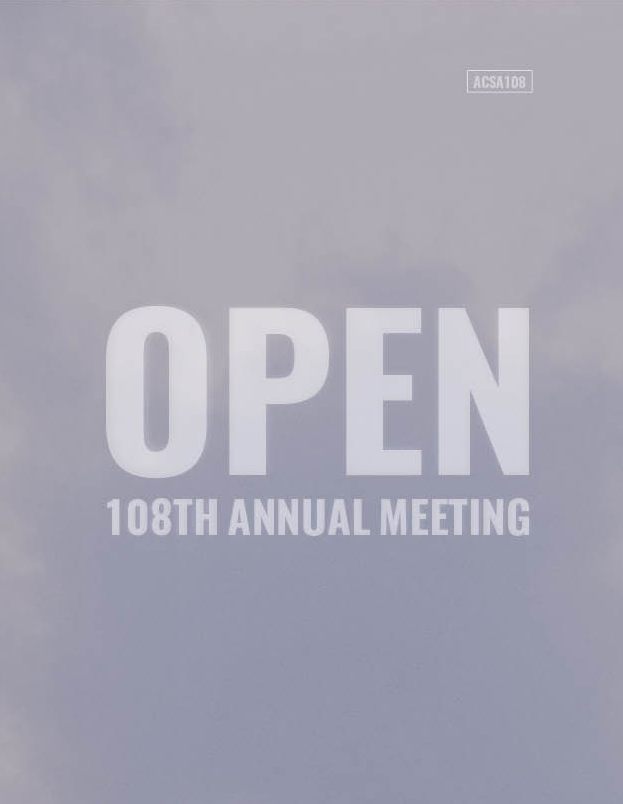Author(s): George B. Johnston & Wenbo Guo
The study of Chinese architectural history by Chinese scholars started quite late as compared to the study of Western architectural history by Western scholars. Influenced by the philosophy of Confucianism, which devalued material artifacts, architecture was not considered to be a scholarly field in pre-Modern China.1 Chinese scholars treated architecture as a technique mastered by craftsmen and excluded it from the domain of fine arts such as painting, calligraphy, sculpture and inscription. The Western idea of architecture as a respected gentleman’s career was not introduced into China until the end of the Qing Dynasty (1644-1911) with the increasing presence of foreign populations. Once Chinese scholars accepted the idea that architecture was a scholarly discipline, they commenced the study of Chinese architecture through the application of historiographical approaches adapted from non-Chinese sources. Contemporary Chinese scholars are now pursuing revisionist approaches to Chinese architectural historiography that takes account of these complicated lines of influence. In light of these complex cultural genealogies, the objective of this paper is to chart some of the methodological questions to be considered in the development of a critical approach to the historiography of Chinese architecture.
https://doi.org/10.35483/ACSA.AM.108.84
Volume Editors
ISBN
978-1-944214-26-5

 Study Architecture
Study Architecture  ProPEL
ProPEL 
